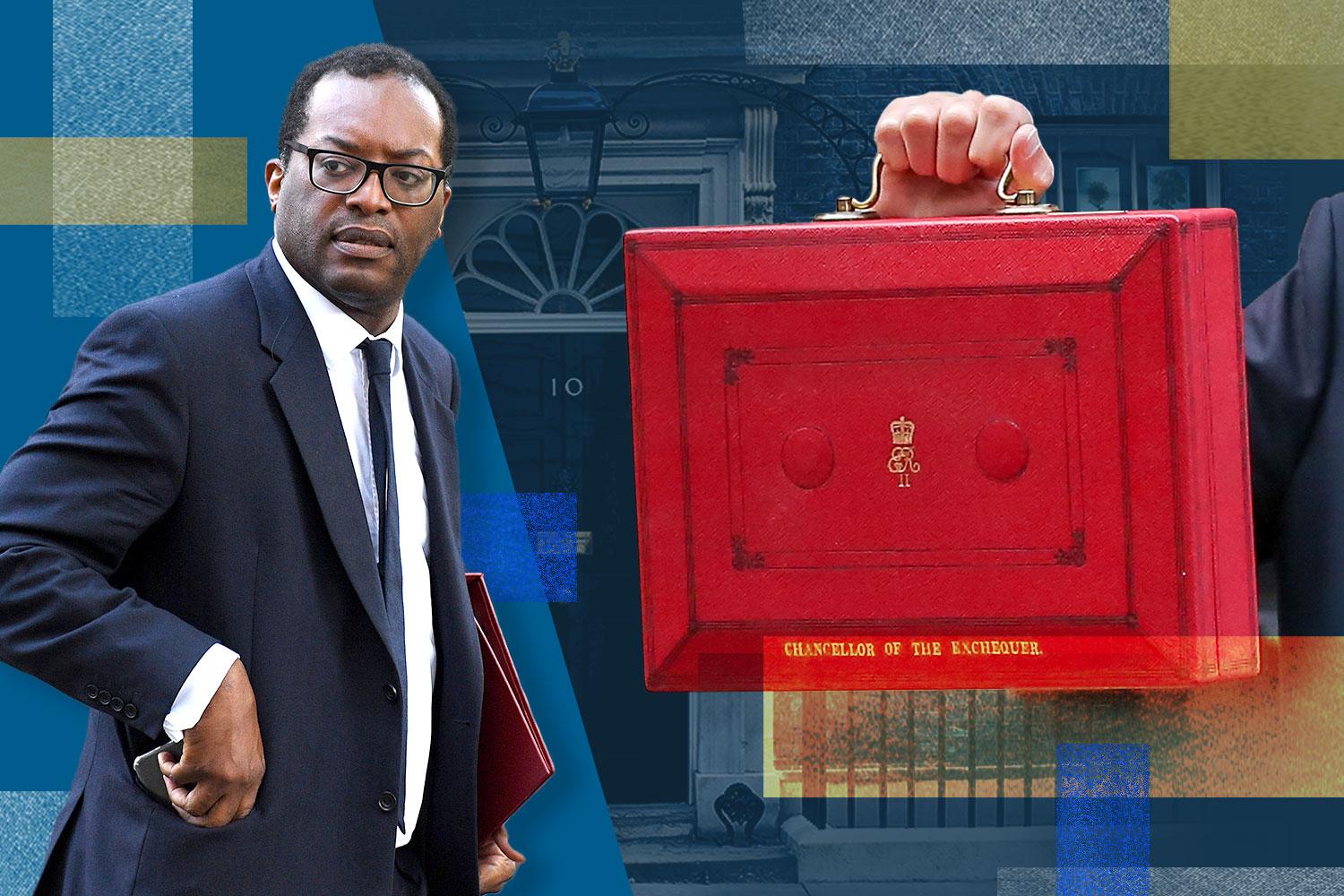Password reset email sent. Please check your email inbox or spam folders. If you have not received an email, please get in contact with us.
Password reset success. Click here to Login.

On the 23rd of September Chancellor Kwasi Kwarteng unveiled a mini budget as part of The Growth Plan 2022, to help combat the cost-of-living plan and support businesses. In this blog post we examine the key takeaways and what they mean for your business.
Back in 2021 it was announced that Corporation tax was due to increase from 19% to 25% for some businesses in April 2023 – they gave two years notice to allow businesses to prepare. However, this rise has been cancelled so limited businesses will continue to pay 19%.
What it means: Whilst not all businesses wouldn’t have moved to the increased rate, a tax cut is a good thing and will support businesses.
In April 2022 the National Insurance rate was increased by 1.25% for one year and from April 2023 a Health and Social Care Levy was to be introduced. On the 6th of November the National Insurance rates will revert to 2021/22 levels and the plans for the Health and Social Care Levy has been cancelled.
What it means: It means employees take home a little more in their pay packets as of November 2022 and wage bills will be lowered for you as employer.
April 2022 also saw the tax rate on dividends increase by 1.25% but as of April 2023 this will also be reversed so that dividends will again be taxed at 7.5% for basic rate taxpayers and 32.5% for higher rate taxpayers.
The basic rate of income tax will be reduced from 20% to 19% in April 2023 – this was originally planned for 2024/25 tax year, but the chancellor bought it forward.
The higher rate of 45% income tax for incomes over £150,000, which has been in place for more than a decade, will be removed and there will be three brackets:
These changes only apply to England, Wales and Northern Ireland.
What it means: This is good news for employees as they will take home more in their pay packets but it’s important to note it doesn’t come into effect until April 2023 and with the cost of living continuing to rise it could be a long winter for many.
In January 2019 the Annual Investment Allowance, which allows businesses to offset the cost of plant and machinery against their tax bill, was raised from £200,000 to £1 million. It was due to be decreased back down to £200,000 at the end of the 2022/23 tax year but this will be kept at £1 million permanently.
What it means: This is very good news for businesses and will come as a welcome bonus from many as businesses can now push forward with growth plans and invest in new machinery or expansions.
The IR35 determination is to become simpler, and the reforms made in 2017 and 2021 will be reversed from April 2023. This means it will become the responsibility of the contractor to determine if their work comes under IR35 and whether they should be taxed an employment income.
What it means: The simplification will make things easier for businesses and will likely reduce costly admin bills too.
We have covered some of the main takeaways from the Mini Budget but the full Growth Plan 2022 can be viewed on the Government website, and we suggest you review it thoroughly so you can prepare your business. There are undoubtedly challenging times ahead but there are several elements of the Growth Plan which aim to support businesses and save employees money.
For more information on how Pegasus can support your business growth please contact us today.
Posted On: September 28, 2022